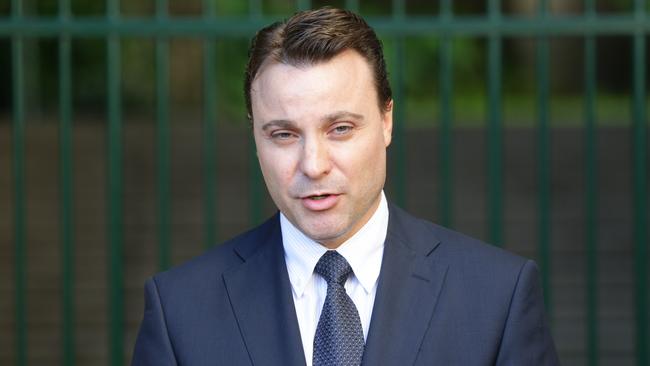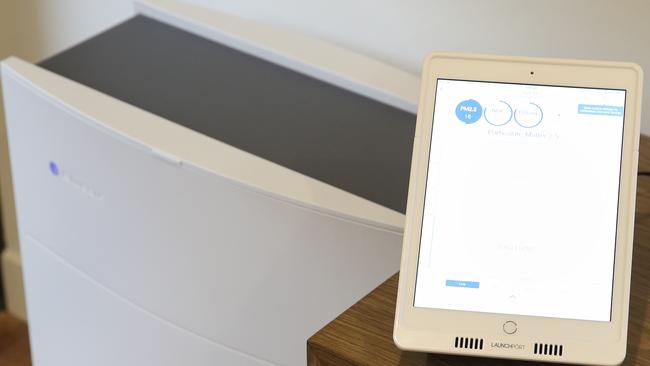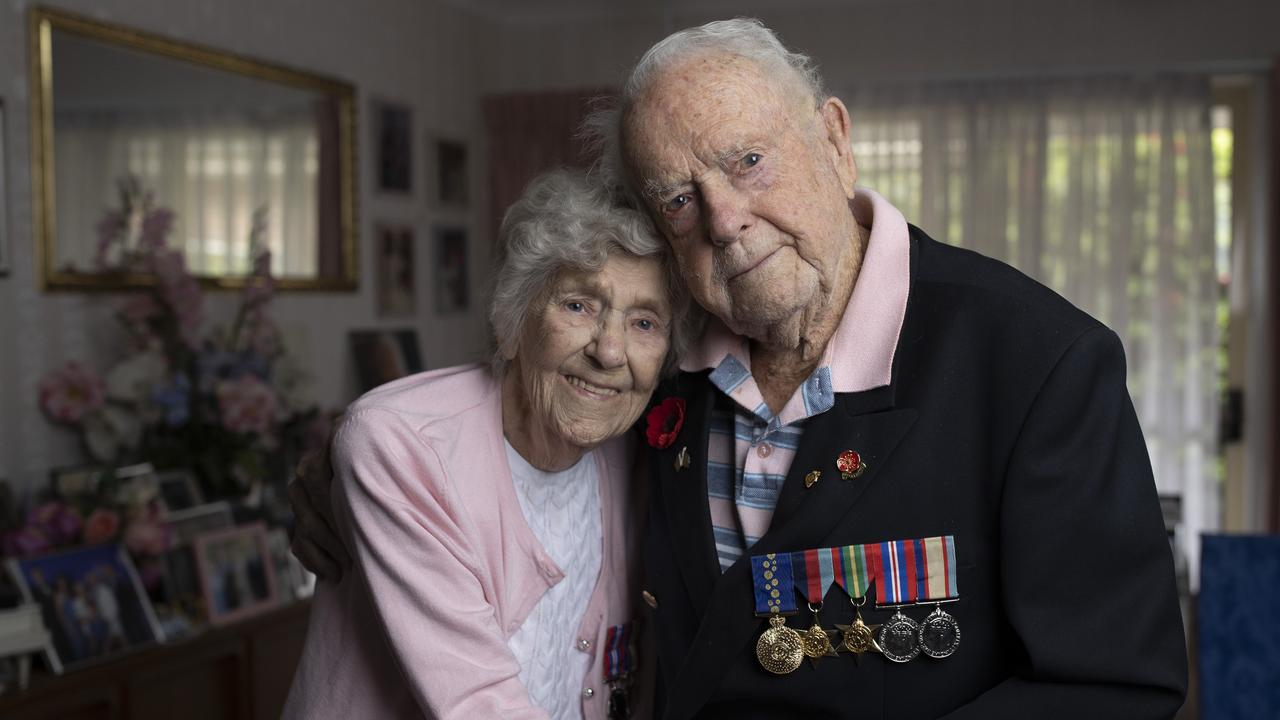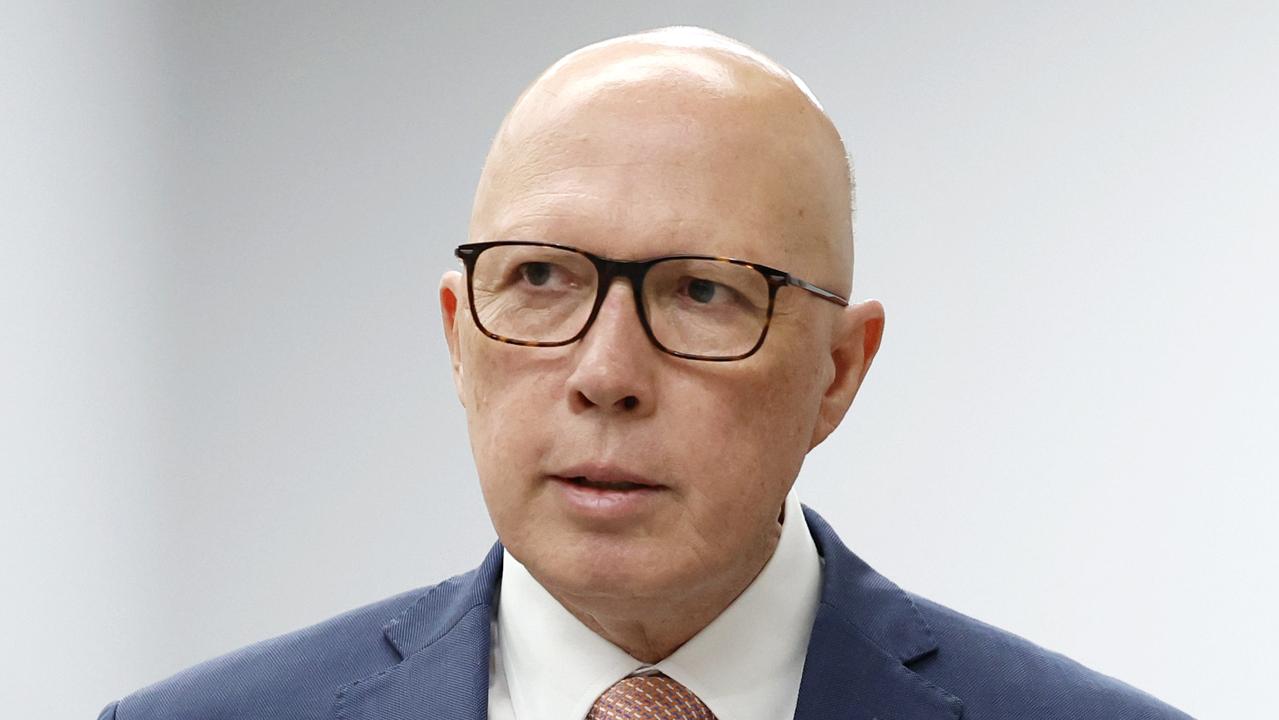Purifiers, masks do little to stop pollutant intake
They've flown off the shelves amid the bushfire crisis, but how effective are they in cutting smoke risk?

Air purifiers and face masks were only of marginal benefit in countering the smoky air from bushfires hanging over areas such as Sydney, the Australian Medical Association has warned.
While those directly exposed to bushfires face respiratory issues, there’s growing concern about the long term effects of breathing smoke particles well away from the fire fronts.
The lingering smoke haze in big cities like Sydney has many concerned.
AMA vice president Chris Zappala said you’re better off cleaning the filter on your air conditioner than worrying about masks and air purifiers.
He said those with healthy lungs shouldn’t develop any long term health problems from the smoke haze despite the shorter term unpleasantness.
“They (particles) should be dealt with relatively efficiently with the normal filtering and cleaning mechanisms that our airway has. Our lungs meet with a whole bunch of foreign particles every day as we breathe. They’re designed to deal with that and do so very effectively.”
He said masks you buy over the counter “only really trap larger particles and probably only do that relatively transiently”.
“As they become moistened with the condensate in our breath and over time, they do loose effectiveness, and they’re probably not very good at stopping the smaller particles, even from the get-go, getting into the lungs - so maybe a marginal benefit with the large particles only.
“Of course you can get much higher order masks that are hospital grade, but even those have a definite useful lifespan.”
He said a perfectly well person can manage without a mask.

He said air purifiers weren’t of benefit either. “Plonking an air purifier in the corner of the room is not really going to help and I think you’re better off spending your money on something else.”
“It (an air purifier) is just so small scale for changing the atmosphere. Even if every single resident plugged one in their room, you’re still not really going to shift the needle in the total atmosphere.”
He said air conditioners can filter out a fair proportion of smoke particles but they need to be cleaned regularly.
“If you’ve got air conditioners, those sorts of things, then make sure you’re servicing that equipment regularly and getting the filters cleaned regularly, so that they can’t build up a whole bunch of fungus particles and other detritus within them.”
Dr Zappala said the best strategy was to avoid the smoke where possible, and stay indoors where possible. “If you’ve got a chance to remove yourself from that environment, then please do so. There’s really not much more you can do in terms of avoidance.”
The smoke is of course a bigger problem for riskier groups such as the elderly and babies. He said those with established respiratory illnesses such as asthma should take precautions.
“The irritant effect of the smoke might upset their airways, in other words, make them more symptomatic.” People using inhalers should increase their preventive medication. “For example, you might go from one puff twice a day to two puffs twice a day. That can definitely help settle down the upsets and irritability of the airways.”
Those who don’t know they have a respiratory illness because it’s undiagnosed should see their doctor if they experience chest tightness, wheeze, ongoing cough and breathlessness, he said.



To join the conversation, please log in. Don't have an account? Register
Join the conversation, you are commenting as Logout